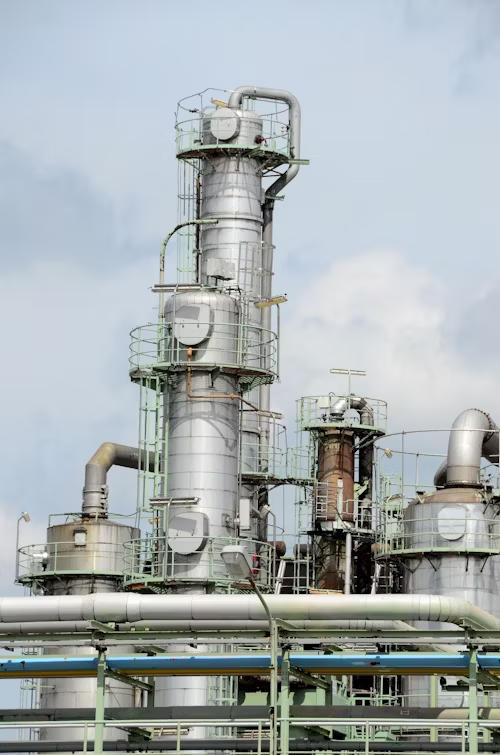Dangote Refinery, Africa’s largest single-line petrochemical plant, has resumed crude oil imports from the United States for the first time in three months. This is a new measure to maintain production levels amid ongoing challenges in ensuring adequate crude oil supplies in the country. The Lagos-based refinery recently processed about 2 million barrels of WTI Midland crude oil for Chevron Corp. The shipment is expected to arrive at the 650,000 barrels per day (bpd) facility in December.
The decision to resume U.S. imports came despite an earlier agreement with the Nigerian National Petroleum Corporation (NNPC) for local crude oil supplies.
Crude Importation and Previous Arrangements
Earlier this year, Dangote Refinery was routinely importing one to two loads of crude oil per month from the US and Brazil to keep operations running. This step became necessary as NNPC was finding it difficult to meet its commitments to supply crude oil locally.
To address this issue, NNPC and Dangote Refinery signed an agreement to supply up to 400,000 barrels per day of Nigerian crude oil in mid-2024. Payment was to be made in naira instead of dollars. The agreement was intended to ease exchange pressures and support the operation of the refinery with domestic resources.
However, NNPC’s ability to meet its obligations was hampered by existing forward sales agreements and crude swap transactions with international traders. These contractual obligations limited crude availability to local refineries, forcing Dangote to switch to international markets.
Impact of Crude Importation on the naira
Concerns have been raised about the possibility of easing exchange pressures on the naira as the refinery reverts to importing US crude. Imports of petroleum products consume more than 40% of Nigeria’s foreign exchange. When the refinery was first announced, it was touted as a game changer for the Nigerian economy that would reduce reliance on imported fuels and therefore foreign exchange demand for petroleum products.
However, the purchase of crude oil from the United States and other foreign suppliers undermines this hope. Far from reducing foreign exchange demand, it could further accelerate an already heavy dollar outflow as more and more countries have to pay for imported crude oil.
While the refinery has begun to reduce Nigeria’s heavy reliance on imported refined products, Nigeria’s own reliance on imported crude oil has raised concerns about the wider benefits it could bring to the domestic economy. Sparta Commodities said the recent reduction in transportation costs may have made US crude oil more competitive in Europe and West Africa, which is why Dangote Refinery chose this option.
Dangote refinery management has repeatedly highlighted problems with sourcing crude oil from Nigeria. Refinery vice president Edwin Devakumar previously accused the international oil companies (IOCs) of artificially inflating crude prices.


